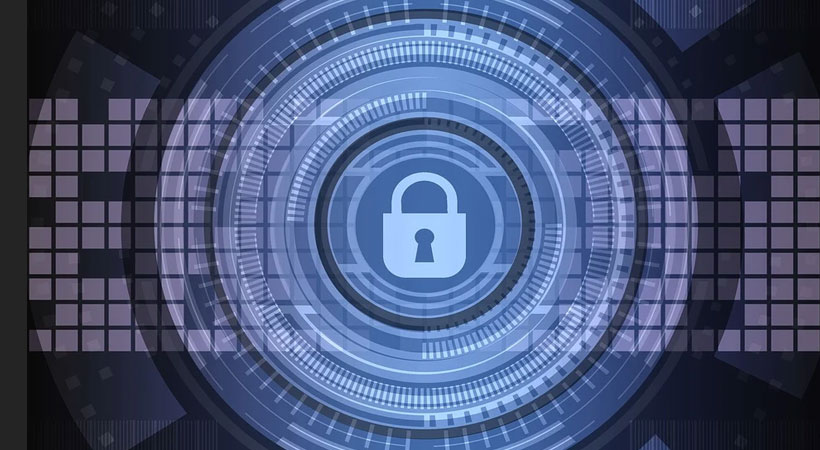India’s most important cybersecurity rules are likely to be unveiled next month. The new laws expected to redefine identity theft and online financial fraud are expected to make far-reaching changes. Authorities have been working on it for more than a year. Officials said it was a revised and amended version of the 2013 version. If the 2013 laws were like guidelines, the new rules are part of policymaking for new changes.
In the forthcoming laws, there will be clear definitions of what can and cannot be done. It gives a clear idea of when a thing can become a crime. The laws will be introduced with the involvement of key people, including the National Cyber Security Coordinator, nodal authorities, experts, and various Union Ministries. Opening an account on social media in the name of another person or making any transaction may now be a crime that invites punishment.
Similarly, it would be a great crime for foreign companies to secretly study Indian consumers. The focus on a fresh framework to secure cyberspace comes amid heightened threat due to the tension at the borders.
Over the past few months, the Centre has asked telecom companies to undertake an ‘information security audit’ to check for vulnerabilities in their network systems, apart from banning Chinese apps citing security concerns. On September 16, the central government set up an “expert committee” under the National Cyber Security Coordinator to study revelations. The committee has been set up because of a Shenzen-based technology company with links to the Chinese government, and the Chinese Communist Party is reportedly monitoring more than 10,000 Indian individuals and organisations in its global database of foreign targets. India has the second-highest number of internet users and among the top spam senders and is seen to be highly vulnerable to cybercrime. Several government establishments, such as NHAI, have faced attacks in recent weeks. The Broadcast Engineering Consultants India Limited (BECIL), a public sector undertaking under the Ministry of Information and Broadcasting, has been tasked with selecting agencies to provide training and skill development in cybersecurity and forensics to employees at the central and state level over the next three years.



















